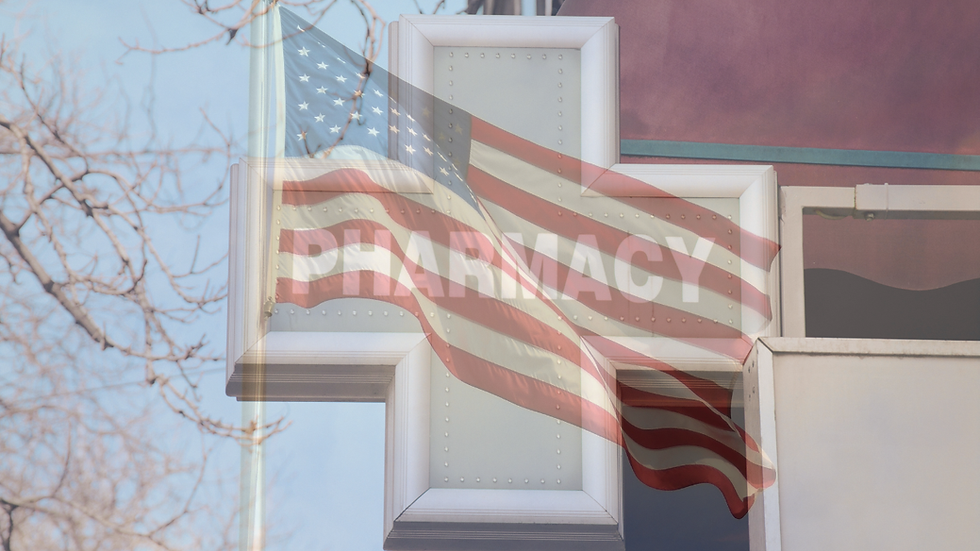Local pharmacy owner, patient share concerns over relationships between PBMs and insurance companies
- Feb 1, 2024
- 2 min read
For nearly 30 years, Betty Whitcomb’s trusted this independently owned pharmacy in Overland for her pills.
“He just lets me know that all my medicinal cares are being met without putting me at risk,” Whitcomb said. “And he volunteers the information. I don’t have to say, ‘Is there anything I need to know?’”
It’s a question she says she wishes she would’ve asked Anthem about her Medicare plan for 2024.
“Kind of came out of left field,” Whitcomb said.
In December, Betty told us she learned her beloved pharmacy would no longer fill her prescriptions because it was no longer a part of Anthem’s Missouri Medicare network.
“Shock and anger. I was very unhappy,” she said.
The prescription paradigm that caused Whitcomb to fall apart at the seams is tied to a tangled web woven by pharmacy benefit managers and insurance companies.
“Pharmacies just can’t continue to lose money and stay in business,” independent pharmacy owner Jerry Callahan said. “It’s impossible for any business to do that.”
Callahan has become an outspoken critic of pharmacy benefit managers like Optum RX, Express Scripts, and CVS Caremark. Insurance companies hire PBMs to oversee prescription drug plans. The PBMs negotiate with drug manufacturers and decide the drugs each plan will cover. In turn, drug makers give PBMs discounts, called rebates. They’re passed along to insurers, which can lead to lower premiums for consumers. Callahan says reimbursements from PBMs often fail to cover the amount pharmacies bought the drugs for, especially name-brand drugs.
“How many pharmacies have gone out of business over the past year strictly due to reimbursement issues?” Callahan said.
In May, Callahan excluded the five pharmacies he owns from a 2024 Medicare Part D retail network due to expected reimbursement shortfalls.
“It’s impacting the patients because now they’re having to go elsewhere,” he said. “The services the independents provide are not always provided by the chains nor is the service level there.”
And that brings us back to Whitcomb, who is now getting her prescriptions from a large chain pharmacy after her independent drug store opted out of Anthem’s Medicare Network because of reimbursement discrepancies.
“I’ve been without two of my meds for two days because I had to wait for my doctor to give the approval. And it’s just not right,” Whitcomb said.
FOX 2 asked Anthem and CarelonRx, the PBM that manages Anthem’s Medicare prescription drug plans, how they work together to determine pharmacy reimbursements.
We also asked them about the reimbursement shortfalls pharmacy owners like Jerry Callahan told us about and how patient care is impacted when people have to switch to new pharmacies.
Anthem shared a statement with us that reads in part: “We deeply value our relationships with independent pharmacies, and we reimburse them competitively because of their value to the community. Together, a value-based partnership between PBMs and independent community pharmacies has been shown to improve outcomes for health plan members.”
CarelonRx has yet to respond to our questions.
Reporter: Mike Colombo




Comments